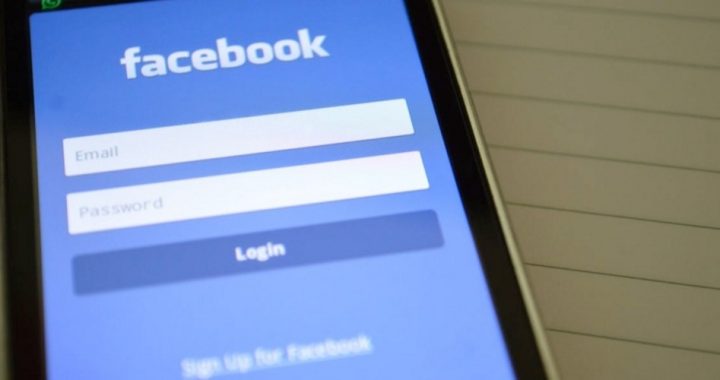
Facebook tycoon Mark Zuckerberg has had a tough week.
His business behemoth, which has become the method by which 45 percent of American adults get their news, took a hit in the stock market the likes of which has never been seen.
Facebook’s stock dropped more than 20 percent, and the company lost $120 billion in market capitalization, the largest one-day dive in history.
And that wasn’t the only bad news. A group of investors is trying to remove Zuckerberg as chairman of the company because of its recent data-mining scandal. He is also its chief executive officer, a dual role with which the investors are unhappy.
Biggest One-day Loss
Zuckerberg and Facebook investors and stockholders woke up to shocking news on Thursday morning. The company had lost 19.6 percent of its value.
The numbers, as CBS reported, are almost incomprehensible:
The slide is the largest decline in market capitalization in history, exceeding Intel’s $91 billion single-day loss in September 2000, according to Bloomberg data.
Founder and CEO Mark Zuckerberg saw his fortune drop by $15.9 billion to roughly $71 billion. His personal loss alone, if only on paper, exceeds the value of companies such as Molson Coors and Macy’s, which have market values of $14 billion and $12 billion, respectively.
On Thursday, the stock price closed at $176.26, down 19 percent from $217.50, “which means that investors erased the entirety of the company’s 2018 gains,” Marketwatch reported. On Wednesday, Facebook’s market capitalization was $630 billion. By the close of business on Thursday, it had dropped to $510 billion, a $120 billion loss.
According to CBS, “a bevy of red flags about setbacks to its revenue and user growth” concerned investors:
Indeed, the drop Thursday morning was sharper than the multi-day stock slide in March following revelations of data misappropriation by Cambridge and others. (Facebook shares dropped 17.8 percent then, bottoming out at $151.65 on March 28.)
“The perceived narrative surrounding Facebook has changed after yesterday’s earnings announcement,” said Jeff Henriksen, managing partner at Thorpe Abbotts Capital. “The market seems to be questioning the quality of growth seen in the past.”
Zuckerberg Out As Chairman?
An side-note to the mid-week collapse is that Facebook insiders have sold $3.9 billion in shares since that scandal hit the news. Zuckerberg accounted for 90 percent of it, Bloomberg reported, selling about $3.5 billion of stock.
According to Bloomberg, the sales have been planned since September. He and his wife “pledged in December 2015 to sell most of their shares over time to invest in philanthropic causes.”
Regardless, this week’s losses knocked Zuckerberg down the list of the world’s wealthiest men from fourth to eighth. The Daily Mail put Zuckerberg’s personal loss at $18.8 billion.
But that might not be the worst news for Zuckerberg. An investors’ group wants him replaced as chairman of the company, saying he should not hold dual roles as chairman and CEO. According to Barron’s, Trillium Asset Management began a campaign to remove Zuckerberg on June 29.
Six prominent Facebook shareholders, with nearly $3 billion in investments, already have let it be known they want an independent Facebook chairman following a string of scandals from Russian meddling in the 2016 presidential election to a data-analytics scandal with Cambridge Analytica, according to a recent report in Business Insider….
“We believe this weakens Facebook’s governance and oversight of management,” Trillium, which owns 50,000 Facebook shares, says in its proposal. “Selecting an independent Chair would free the CEO to focus on managing the Company and enable the Chairperson to focus on oversight and strategic guidance.”
“Google, Microsoft, Apple, Oracle, and Twitter have separate CEO and chairperson roles,” the proposal continues. “More broadly, 59% of the S&P 1500 separated these roles as of April 2018.”
As well, the proposal says, “an independent chair helps the board carry out its primary duty — to monitor the management of the company on behalf of its shareowners” and “A CEO who also serves as chair can exert excessive influence on the board and its agenda, weakening the board’s oversight of management…. We believe this lack of independent board Chair and oversight has contributed to Facebook missing, or mishandling, a number of severe controversies, increasing risk exposure and costs to shareholders.”
The investors believe that an “independent chair provides the clearest separation of power between the CEO and the rest of the board.”
The investors won’t likely prevail however, given that Zuckerberg controls 60 percent of the company’s stock.



